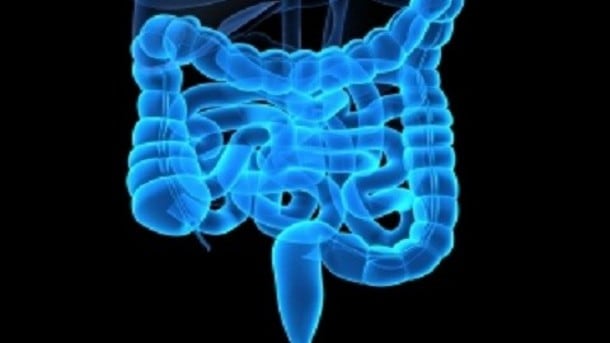The Canadian research team from Lallemand Health Solutions team found the branded probiotic Lacidofil reduced ADD episodes by 24 hours on average. However, primary study outcomes of consistency and frequency of bowel movements were not significantly different between the probiotic and placebo groups.
AAD is a frequent complication of antibiotic use. Broad-spectrum antibiotics, such as ampicillin, cefixime and amoxicillin–clavulanic acid, can disrupt the balance of intestinal microbiota, resulting in the clinical symptoms of diarrhoea.
Lacidofil consists of the bacterial strains Lactobacillus rhamnosus Rosell-11 and Lactobacillus helveticus Rosell-52.
Study details

146 adults were enrolled in the randomised, double-blind, placebo-controlled parallel study where the study group received one week of broad spectrum antibiotic treatment once per day, plus a daily dose of either the probiotic or placebo, which continued for one week after completion of the antibiotic.
Subjects were then followed-up for up to nine weeks after the beginning of the treatment. Findings showed that on average, subjects supplemented with the probiotic experienced shorter duration of diarrhoea-like defecation events (2.70) compared with the placebo (3.71).
“The two strains are well documented and exhibit probiotic properties of interest including adhesion to gut epithelial cells, protection of the digestive barrier integrity and function, ability to inhibit pathogens invasion, immunomodulatory effect,” said a spokesperson for Lallemand Health Solutions.
“Anyone undergoing antibiotic treatment is susceptible to develop AAD, but it is true that certain populations, such as children are even more sensitive.”
Mechanism of action
The use of the antibiotics amoxicillin and clavulanic acid, like those used in this study, have previously shown microbiota disturbance in healthy subjects, increasing faecal bacterial counts for Enterobacteriaceae, which cause diarrhoea.
The lactobacillus strains used in this study have been shown to survive passage through the gastrointestinal tract when given to healthy volunteers.
“In in vitro studies, these strains demonstrated the ability to adhere to human epithelial cells, maintain the gut barrier, block pathogen adhesion and stimulate an anti-inflammatory response,” the study noted.
“It is possible that these mechanisms have a role in reducing the duration of diarrhoea-like defecations (DLD) events.”
AAD impact

The occurrence of diarrhoea resulting from antibiotic treatment has been reported to be 5–39% depending on the type of antibiotic used and other factors influencing the vulnerability of the population.
In addition, the susceptibility to AAD increases under the age of six years and over the age of 50 years.
Source: British Journal of Nutrition
Published online ahead of print, doi.org/10.1017/S0007114516001665
“Effectiveness of Lactobacillus helveticus and Lactobacillus rhamnosus for the management of antibiotic-associated diarrhoea in healthy adults: a randomised, double-blind, placebo-controlled trial.”
Authors: Malkanthi Evans, Ryan Salewski, Mary Christman, Stephanie-Anne Girard and Thomas Tompkins
